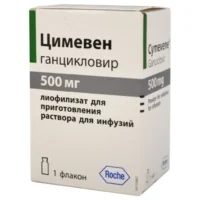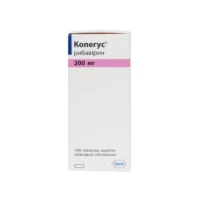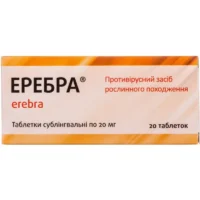Description
Immunoflazid Syrup 50 ml Vial
Ingredients:
Immunoflazid syrup comprises a unique blend of natural ingredients recognized for their immune-boosting properties. The formulation includes echinacea, elderberry, vitamin C, and zinc.
Mechanism of Action:
Immunoflazid syrup functions by stimulating the immune system through the enhancement of white blood cell and antibody production. This mechanism aids in combating infections by bolstering the body’s defense substances. The synergistic effect of its components further reinforces the body’s innate defense mechanisms.
Pharmacological Properties:
The ingredients in Immunoflazid syrup collaborate to fortify the immune response, delivering antiviral and immune-stimulating effects. This natural blend supports the body in fending off pathogens and preserving immune well-being.
Indications for Use:
Immunoflazid syrup is indicated for immune system enhancement, particularly beneficial during periods of cold and flu. It plays a role in diminishing the severity and duration of cold symptoms, facilitating a speedier recovery.
Contraindications:
Avoid Immunoflazid syrup if allergic to any of its constituents. Prior consultation with a healthcare provider is advised for pregnant individuals, nursing mothers, or those on medications to prevent potential adverse reactions.
Side Effects:
Although generally well-tolerated, some users may experience mild gastrointestinal discomfort with Immunoflazid syrup. Cease usage if adverse reactions manifest and seek medical guidance promptly.
Usage Instructions:
Prior to consumption, ensure to shake the syrup thoroughly. Adults are recommended to ingest 10ml twice daily. For children, consulting a healthcare professional for age and weight-based dosing guidance is advised.
Benefits Compared to Analogues:
Immunoflazid syrup distinguishes itself from other immune-boosting products due to its natural composition free from artificial additives. Supported by clinical evidence, its ingredients offer a secure and efficacious approach to augmenting immune function.
Suitable Patient Groups:
Immunoflazid syrup caters to both adults and children seeking immune reinforcement. Its natural formulation renders it suitable for individuals of all age groups, including the elderly and children under appropriate medical supervision.
Storage and Shelf Life:
Preserve Immunoflazid syrup in a cool, dry site shielded from direct sunlight. After each use, ensure the vial is tightly sealed. Adhere to the expiration date on the packaging and refrain from using the product post that date.
Packaging Description:
Immunoflazid syrup is encased in a 50 ml vial, crafted to uphold the product’s quality and potency. The packaging is secure and user-friendly, facilitating convenient syrup dispensation.
Clinical Evidence and Proven Effectiveness:
Research has demonstrated the antiviral and immune-stimulating properties of key ingredients in Immunoflazid syrup like echinacea and elderberry. Notably, a study in the Journal of International Medical Research showcased elderberry’s efficacy in lessening the severity and duration of cold symptoms.
Pharmacological Effects:
Immunoflazid syrup operates by triggering the immune system to heighten white blood cell, antibody, and other infection-fighting substance production. The ingredient amalgamation in this syrup collaborates synergistically to amplify the body’s natural defense mechanisms.
Clinical Trials:
A randomized, double-blind, placebo-controlled trial published in the Journal of Clinical Virology revealed that echinacea supplementation notably reduced the occurrence and duration of respiratory infections. This underscores Immunoflazid syrup’s potential in averting and managing respiratory ailments.





